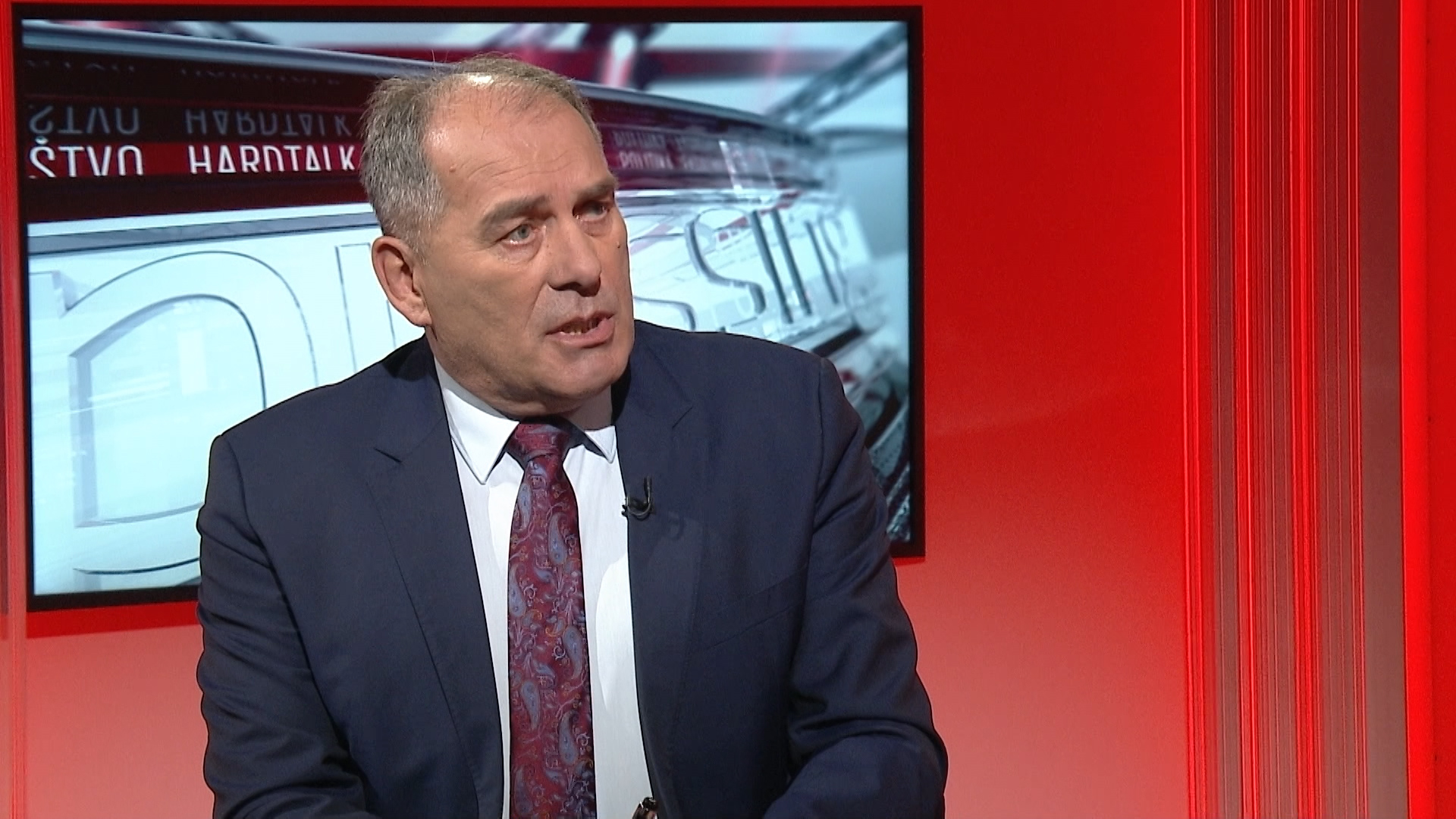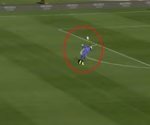
The new Bosnian Serb member of the tripartite Presidency does not fully understand how state institutions work, Bosnia’s Security Minister told N1 on Wednesday, referring to statements the Bosnian Serb leader made earlier that day.
Milorad Dodik, who was the President of the Serb-dominated semi-autonomous entity in Bosnia, Republika Srpska (RS), has been elected in October to represent the Serbs in Bosnia’s Presidency.
A day after he was inaugurated on Tuesday, he reiterated that he will continue working for the interests of the RS in serving his new office. He said that he distrusts state institutions, especially the State Police, SIPA, and said he will not allow them to enter RS territory.
“I am saying that he absolutely doesn’t understand the way state institutions work,” Security Minister Dragan Mektic told N1.
“SIPA doesn’t have to enter the RS from anywhere, SIPA already exists since 2003 or 2004 and it has a regional office there. It operates normally, just as it does in regional offices in Tuzla and Mostar,” he said, adding that the headquarters of SIPA is in Eastern Sarajevo anyway, which is within the RS.
Mektic denied any speculations that SIPA tried to arrest Dodik recently.
“Even if there were some investigative operations, then those were ordered by the Prosecutor’s Office. There was no attempt to arrest Dodik,” Mektic stressed, adding that no such order came from prosecutors.
“There was wiretapping, which was ordered by the Prosecutor’s Office. A certain conversation was intercepted and he (Dodik) was later informed by the Court about it,” Mektic said.
Dodik said he will not allow SIPA to protect him either, but Mektic said SIPA does not, in fact, do protection.
“I think it is not clear to him that SIPA doesn’t secure VIP’s, but that the Directorate (for Coordination of Police Bodies) does that,” he said.
Mektic said he was recently informed of this problem by the Director of Directorate for Coordination of Police Bodies, Mirsad Vilic.
“He said he had a meeting with the RS Interior Ministry and that they do not want the Directorate to secure Milorad Dodik,” Mektic said, explaining that this represents a problem.
“The Law says that this agency has to be securing state-level officials and that is where the problem, a big problem, is now arising. Security does not make sense if, in case you need to utilise some of your competencies, you do not have them. I have no idea how they plan to solve this,” he said.
Dodik also said he distrusts Bosnia’s Intelligence Agency (OSA), which he accused of working against the RS, and he announced he will initiate a law that will result in an overhaul of the agency, but Mektic said that the Presidency is, according to the laws, not the competent body overseeing OSA.
“According to current laws, OSA does not answer to the Presidency but to the Executive Intelligence Council in the Council of Ministers which is composed of its presiding officials and his two deputies,” Mektic said.
“So, he (Dodik) cannot initiate interventions within OSA. That can only be done by the current or future Chairman of the Council of Ministers,” he said, adding that “no institution at any government level is an enemy institution targeting anybody.”
Mektic also criticised Bosnia’s judiciary, saying that it is cooperating with various politicians, particularly those belonging to the main Bosnian Serb and Bosnian Croat parties, the Alliance of Independent Social Democrats (SNSD) and the Croat Democratic Union (HDZ).
“I think that the HDZ and the SNSD are strongly politically influencing the High Judicial and Prosecutorial Council and Bosnia’s Prosecutor’s Office,” he said.
Kakvo je tvoje mišljenje o ovome?
Učestvuj u diskusiji ili pročitaj komentare





 Srbija
Srbija
 Hrvatska
Hrvatska
 Slovenija
Slovenija



























































